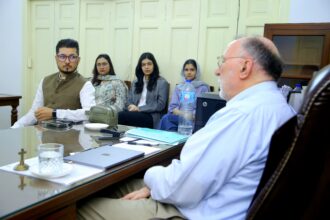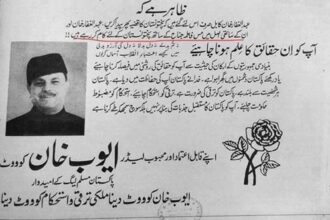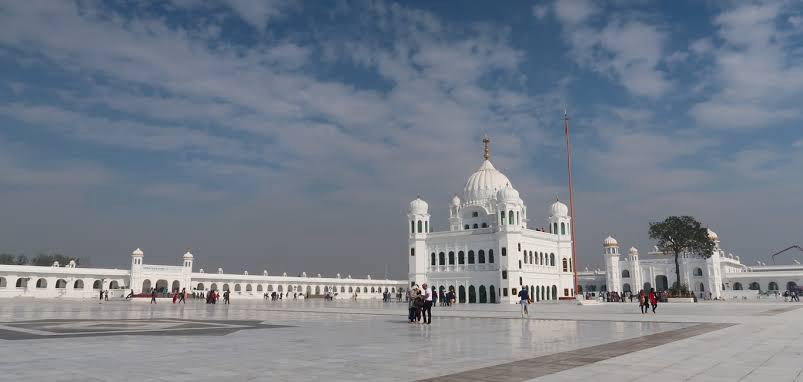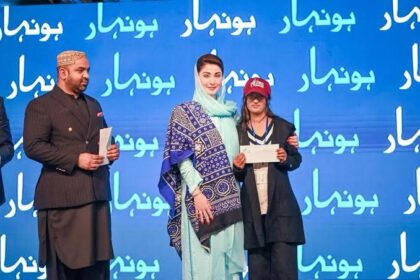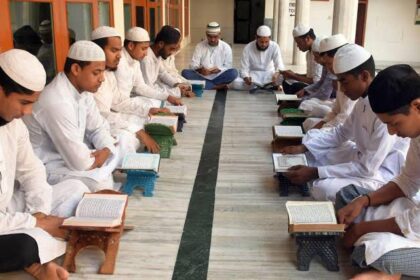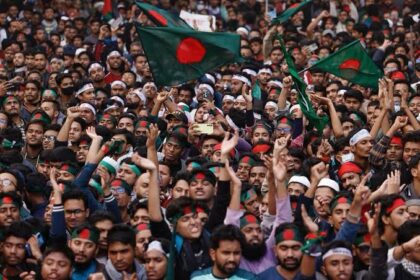Both Pakistan and India are nuclear-armed nations, capable of waging long and devastating wars. Their mastery in technology and uranium enrichment means they have the potential for extended conflictŌĆöbut to what end? A single nuclear strike would cause destruction on such a massive scale that all lifeŌĆöhuman, animal, and even vegetationŌĆöwould be wiped out for decades. The consequences would be irreversible.
If Pakistan were to attack India with a nuclear weapon, as once suggested by a former Prime Minister, resulting in the death of millions of Indian citizens including Muslims, it would be considered haram (forbidden) in Islam to kill fellow Muslims. On the other hand, if India were to retaliate by targeting Pakistan with atomic bombs, how would they reconcile the destruction of sacred Sikh sitesŌĆösuch as the birthplace of Guru Nanak and other historical places of worship scattered across West Punjab? These places are not only spiritually significant, but also carry the fragrance of the Sikh GurusŌĆÖ legacy. Even if India rebuilds such places with gold, silver, or diamonds, the original spiritual essence can never be restored. The Sikh community would never support such destruction of their sacred heritage, and the Indian government must consider this moral boundary.
Pakistan and India have been rivals since the partition of 1947. India, considering the entire subcontinent as one unified entity, has absorbed many smaller states. However, despite numerous attemptsŌĆöincluding the 1971 warŌĆöIndia has failed to dissolve Pakistan. Instead, a new Muslim-majority country, Bangladesh, emerged in the heart of the subcontinent, reinforcing the Two-Nation Theory, much to IndiaŌĆÖs dismay.
India was the first in Asia to develop nuclear weapons in 1974. Pakistan followed under the guidance of Dr. Abdul Qadeer Khan, supported by businessman Abid, who helped secure uranium enrichment technology. PakistanŌĆÖs nuclear journey began on January 20, 1972, and culminated successfully on May 28, 1998, with the testing of its first thermonuclear device in Chagai. Importantly, Pakistan maintains its nuclear arsenal solely for defense.
Although both countries are nuclear powers, they avoid war because they understand that nuclear conflict guarantees mutual destruction. However, the cost of maintaining these weapons is immense. Billions are spent on security and maintenance, while millions in both countries suffer from hunger, inadequate education, and lack of healthcare. These weaponsŌĆösymbols of national prideŌĆöare ironically born from the neglect of basic human needs.
I urge the leadership of both countries to take meaningful steps toward peace. Let us finally end the 78-year-long hostility. Let the Two-Nation Theory, accepted in 1947, be respected. Natural resources, especially rivers, should not be weaponized or blocked. Water is a divine blessing, and every nation has a right to it. People must be allowed to live freely in their communities, form their governments, and exercise democracy.
You can choose war, but remember: peace requires restraint, mutual respect, and compassion. And without people, who will be left to vote for you?
┬Ā

